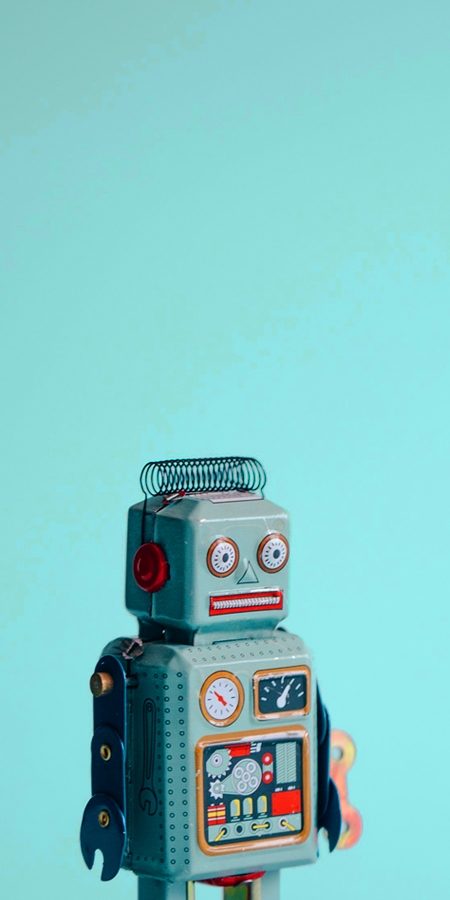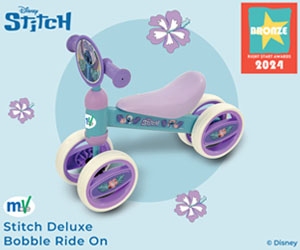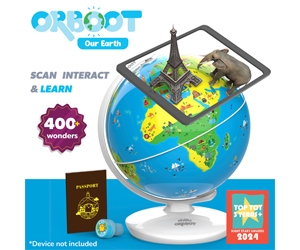Keep it clean
Published
Most of us have used up all those powerful-sounding anti-bacterial sprays and disinfectant wipes we bought in bulk at the beginning of the pandemic. Now, we’re running out – but they all seem to be out of stock! If this sounds like you, you’ll be relieved to hear that some of your store cupboard staples can probably do the job just as effectively.

Penny-pinchers from NetVoucherCodes.co.uk have come up with seven houeshold products – from baking soda and white vinegar to lemons and salt – that double as natural cleaning alternatives. And by using eco-friendly, natural cleaners, households can be kind to the environment whilst saving some cash along the way.
A spokesperson from NetVoucherCodes.co.uk says: ‘Rather than spending your hard-earned cash on purpose-made, chemical cleaning solutions with fancy packaging, you can simply use a few common items that you likely already have around your house.’
1. Baking soda
This hardworking cleaning agent is both versatile and inexpensive. You can get approximately 200-300g for just a couple of pounds. It acts as a cleaning agent because it is a mild alkali which dissolves dirt and grease easily. It’s also great for absorbing strong food odours, and as it’s non-toxic it can be used to remove stains from fridges, ovens, and microwaves.
2. Distilled white vinegar
Like baking soda, distilled white vinegar is both versatile and inexpensive, and it can be used as a non-toxic disinfecting agent. For rinse-free cleaning, mix around 100ml of white distilled vinegar with two litres of warm water.
3. Hydrogen peroxide
Combine two parts hydrogen peroxide and one-part dish liquid to create your own laundry spot remover. Apply to clothing with a soft scrub brush to remove wine, chocolate, grass, blood and armpit stains. This same spot remover can also be used to treat carpet and upholstery stains. Because hydrogen peroxide is a mild bleach, it’s best to test the treatment on an inconspicuous area first.
4. Liquid dish soap
This can be used for more than the washing up. It works well as a floor cleaner, and to clean worktops and hard surfaces. Dish soap is also one of the best stain removers for oil-based stains on fabrics, and diluted dish soap can be used on dirty glass. Try using diluted dish soap to clean glass thoroughly before going back over the surface with a glass cleaner to shine it up.
5. Salt
Humble table salt is a natural, cost-efficient way to keep your home clean. Thanks to its granular texture, it’s a pretty effective cleaner, and can be used to remove wine stains, clean drains and even brighten up your laundry. Pour a mixture of salt and hot water down the kitchen sink to deodorise and prevent grease build up, or dip a washcloth in a strong saltwater solution, wring it out and briskly rub faded rugs and curtains to brighten the colours.
6. Lemon
Lemons contain acidity in the juice, along with grease-cutting oil contained within the skin, to create a superb cleaning sidekick. Its scent is fresh, clean and energising. Cut lemons can be used to polish copper and knives that have developed rust spots, as well as to remove stains and smells.
7. Vodka/rubbing alcohol
Rubbing alcohol is a germicide, so it is particularly good for hygiene purposes. From cleaning your blinds to getting our pesky permanent marker stains, it has many uses. Use it to refresh sponges, clean jewellery, and deodorise shoes.






